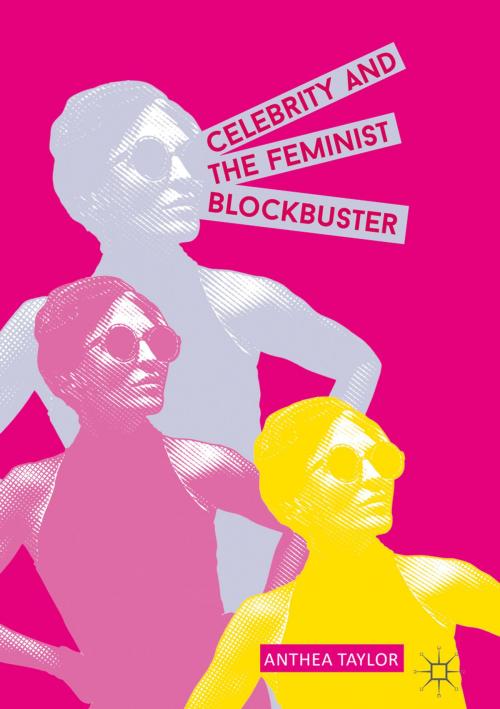| Author: | Anthea Taylor | ISBN: | 9781137373342 |
| Publisher: | Palgrave Macmillan UK | Publication: | February 21, 2017 |
| Imprint: | Palgrave Macmillan | Language: | English |
| Author: | Anthea Taylor |
| ISBN: | 9781137373342 |
| Publisher: | Palgrave Macmillan UK |
| Publication: | February 21, 2017 |
| Imprint: | Palgrave Macmillan |
| Language: | English |
In the first book-length study of celebrity feminism, Anthea Taylor convincingly argues that the most visible feminists in the mediasphere have been authors of bestselling works of non-fiction: feminist ‘blockbusters’. Celebrity and The Feminist Blockbuster explores how the authors of these popular feminist books have shaped the public identity of modern feminism, in some cases over many decades. Maintaining a distinction between women who are famous because of their feminism and those who later add feminism to their ‘brand’, Taylor contends that Western celebrity feminism, as a political mode of public subjectivity, cannot in any simple way be seen as homologous with other forms of stardom. Moving deftly from the 1960s to the present, focusing on how feminist authors have actively worked to manufacture their public personas, she demonstrates that the blockbuster remains crucial to feminist celebrification but is now often augmented with digital media. Advancing celebrity studies by placing the figure of the feminist front and centre, Celebrity and the Feminist Blockbuster is essential reading for all those interested in gender, popular feminism, and the politics of renown.
In the first book-length study of celebrity feminism, Anthea Taylor convincingly argues that the most visible feminists in the mediasphere have been authors of bestselling works of non-fiction: feminist ‘blockbusters’. Celebrity and The Feminist Blockbuster explores how the authors of these popular feminist books have shaped the public identity of modern feminism, in some cases over many decades. Maintaining a distinction between women who are famous because of their feminism and those who later add feminism to their ‘brand’, Taylor contends that Western celebrity feminism, as a political mode of public subjectivity, cannot in any simple way be seen as homologous with other forms of stardom. Moving deftly from the 1960s to the present, focusing on how feminist authors have actively worked to manufacture their public personas, she demonstrates that the blockbuster remains crucial to feminist celebrification but is now often augmented with digital media. Advancing celebrity studies by placing the figure of the feminist front and centre, Celebrity and the Feminist Blockbuster is essential reading for all those interested in gender, popular feminism, and the politics of renown.















